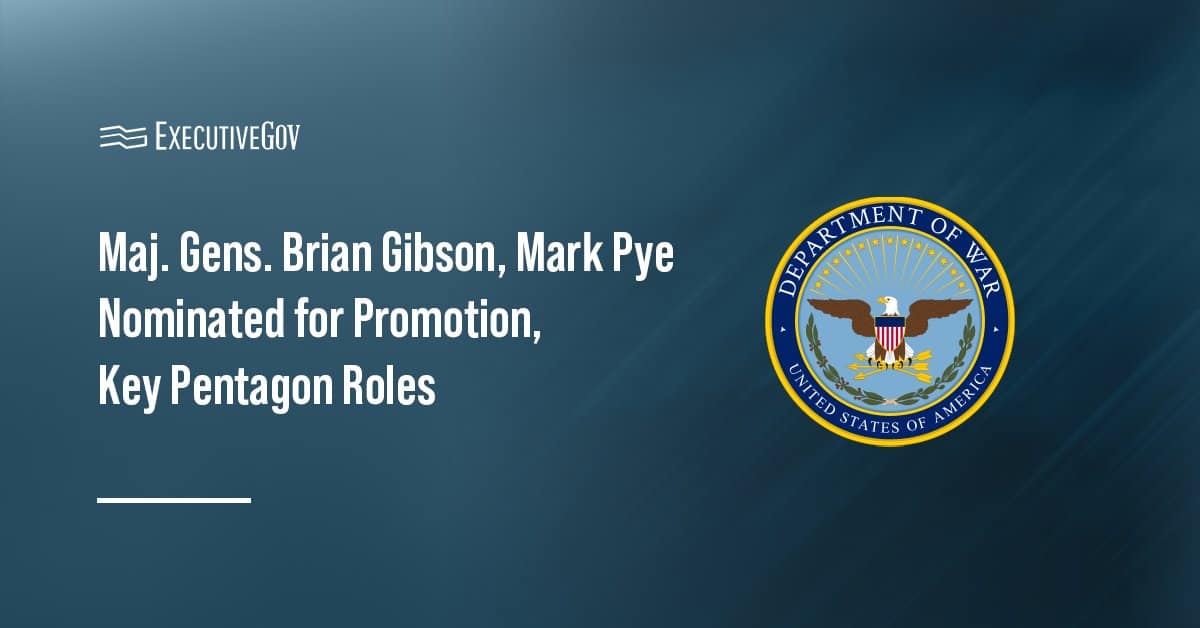The National Reconnaissance Office launched the NROL-153 mission from Space Launch Complex-4 East at Vandenberg Space Force Base in California on Jan. 9.
The agency said Thursday it collaborated with Space Force Space Launch Delta 30 and SpaceX for the launch of the NROL-153 mission aboard a SpaceX Falcon 9 rocket.
NROL Missions
NRO is reportedly working to enhance its intelligence, surveillance and reconnaissance, or ISR, capabilities. It is scheduled to launch 12 missions in 2025 with the goal of advancing the agency’s proliferated architecture by adding additional proliferated launches until 2028 that will ensure sustained growth and innovation.
The latest launch is the seventh mission in support of NRO’s proliferated architecture. It is also the first of the 12 planned 2025 missions. The NROL-153 follows the recent launch of the NROL-149 on Dec. 17 last year, one of almost 100 satellites deployed in orbit.





